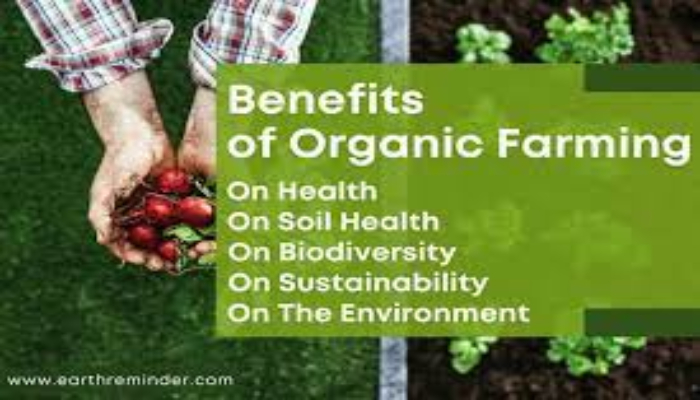It’s time to embrace organic farming! Not only does it offer environmental benefits, but it’s also a necessity in today’s world. Pesticides and chemicals used in conventional farming can lead to disease in plants and soil contamination that can last for years. Let’s prioritize the health of our planet and switch to organic farming practices.
It also discourage smart farming options such as crop rotation and crop cover which may cause harmful effects on environmental like soil erosion.
Organic farming is a method of agriculture that relies on natural processes and avoids the use of synthetic chemicals and genetically modified organisms. This type of farming promotes the use of organic fertilizers, crop rotation, and biological pest control. By avoiding the use of synthetic fertilizers and pesticides, organic farming helps to reduce the release of carbon dioxide into the atmosphere
A one teaspoon of compost rich organic soil may host up to 1 billion bacteria 15000. To grow a healthy soil is must as it address through organic compost.
Organic farming can help in combating climate change as it can slow down the change as healthy organic agriculture system gradually reduce the carbon dioxide.
Furthermore, organic farming promotes biodiversity and ecosystem health, which are essential for reducing climate change. Organic farms provide habitat for a wide range of plant and animal species, including pollinators, which are crucial for maintaining healthy ecosystems. By promoting biodiversity, organic farming helps to strengthen ecosystems and make them more resilient to the impacts of climate change.

